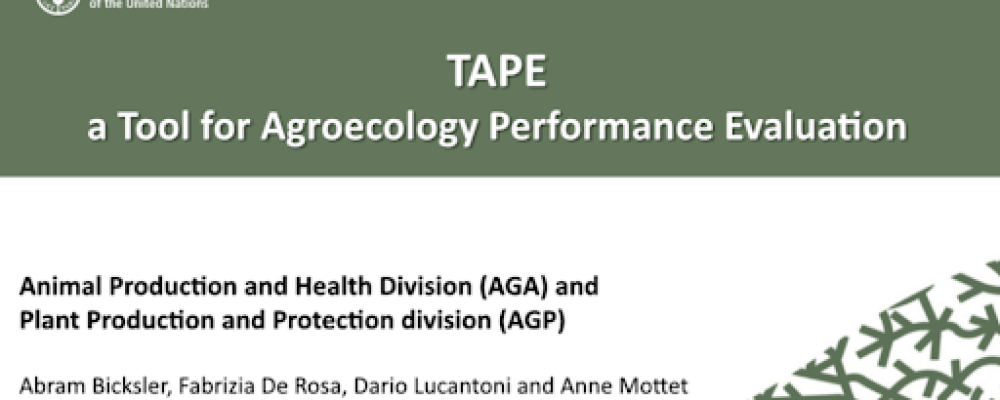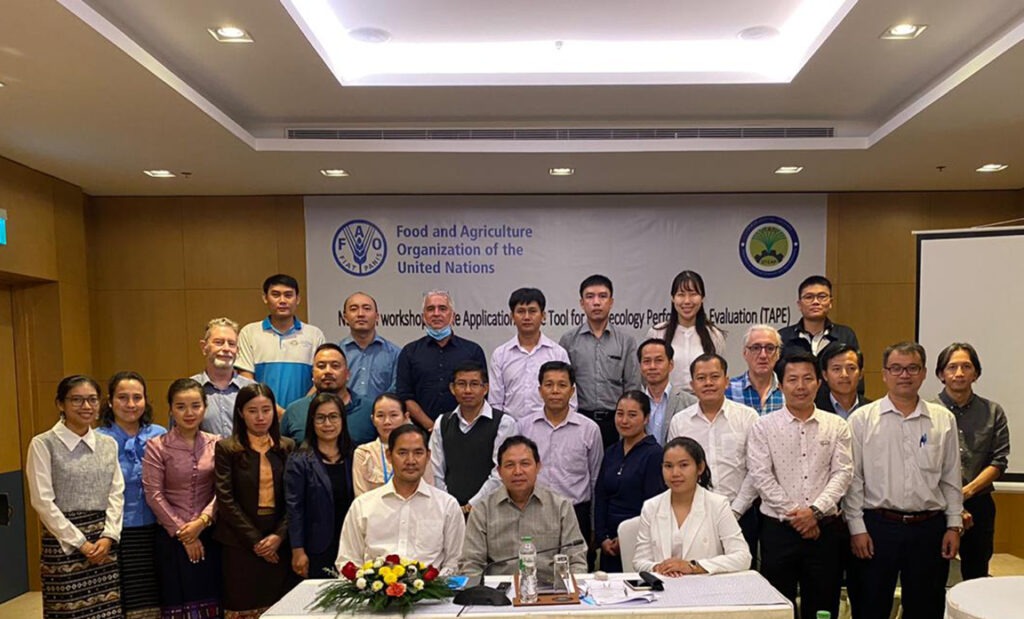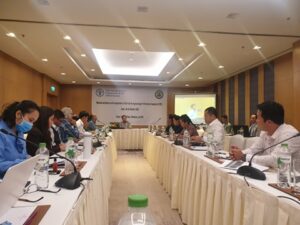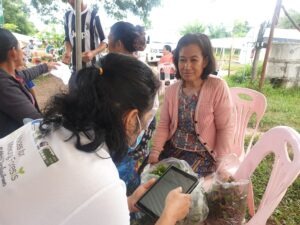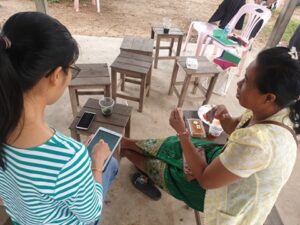Background
As far as Laos is concerned, the GoL has prioritized “Clean Agriculture” in their national agenda for development, and set the vision for Agriculture Development Strategy 2016-2025 as “ensuring food security, producing comparative and competitive potential agricultural commodities, developing clean, safe and sustainable agriculture and shift gradually to the modernization of a resilient and productive agriculture economy, linking with rural development contributing to the national economic basis”.
In line with Lao PDR’s commitment to the achievement of the Sustainable Development Goals (SDG), in 2018 of the Government of Lao PDR (GoL) adopted the Green Growth Policy and issued a directive to all Ministries to ensure that goals of the Green Growth Policy are incorporated in the implementation of the remainder of the 8th National Socio-Economic Development Plan (NSEDP) 2016-2020 and in the preparation of the 9th NSEDP 2021 – 2025.
In Laos, there is an increased interest from various stakeholders to support farmers in transitioning towards and adopting more sustainable and agroecological practices. However, they face similar challenges in monitoring and demonstrating the impacts of such practices which hinder their capacities to advocate for broader support and promote their dissemination. Such an issue has been at the core of the request of member states to FAO to develop the Tool for Agroecology Performance Evaluation (TAPE).
TAPE was presented to several stakeholders of the Mekong Region in a regional workshop organized by FAO in September 2019 with the objective to be fine-tuned and contextualized.
At the heart of this tool is the question of “How do we assess performance in agriculture?” that moves beyond fractured evidence and generates coherent, consistent, and robust information that can help policymakers, producers, researchers, consumers, civil society and a multitude of others make better decisions leading to sustainable food and agricultural systems.
Thus, the general objective of TAPE is to produce evidence on the performance of agroecological systems across the environmental, social & cultural, economic, health & nutrition, and governance dimensions of sustainability to support agroecological transitions at different scales, in different locations, through different timeframes and to support context-specific policy-making on Agroecology. In simplified words, the analytical framework aims at providing a diagnostic of agricultural performance across many dimensions to move beyond standard measures of productivity (e.g. yield/ha) and better represent the benefits and trade-offs of different agricultural systems.
The specific objectives of TAPE are to:
- Build knowledge and empower producers through the collective process of producing data and evidence on their own practices;
- Support agroecological transition processes at different scales and in different locations by proposing a diagnostic of performances over time and by identifying areas of strengths/weaknesses and enabling/disabling environment;
- Inform policymakers and development institutions by creating references on the multi-dimensional performance of Agroecology and its potential to contribute to the SDGs.
This national workshop takes place in the framework of a regional project (Laos and Vietnam) supported by FAO and aiming at building the capacities of national technical departments and other relevant stakeholders and piloting the application of TAPE in selected provinces. It is anticipated that TAPE can play an important role in the future in identifying principal indicators to design effective interventions for sustainable development of the agriculture sector.
In Laos, the project is supported and implemented by the Department of Technical Extension and Agro-Processing (DTEAP) which is responsible for (i) coordinating the activities of government partners, and (ii) integrating the pilot results into programmes/policies/strategies currently being implemented; chairing the consultation process.
About the TAPE workshop in Lao PDR
The National workshop on the Application of the Tool for Agroecology Performance Evaluation (TAPE) has been organized by FAO in collaboration with DTEAP on 14 – 16 October 2020 (on 14th and 15th of October at Crowne Plazza hotel and one half-day field trip at Thongmung Organic Group). Given the current context, the workshop has held a mix of physical meetings (taking place in Vientiane) and online contributions from FAO Bangkok and FAO HQ, either live or with recorded presentations.
The primary objective of this national level workshop was to introduce TAPE and to train participants on how to apply it in the field relying on its kobo version on tablets.
Some presentations have been shown in the workshop:
- Overview of TAPE Framework
- The 10 Elements of Agroecology
- Step 1: Characterisation of the Agroecological Transition (CAET)
- Step 2: How to collect and analyze sex-disaggregated data and assess the gender dimensions of Agroecology
- Step 3: Analysis and sharing of the results with local communities and authorities, recommendation and way forward
The workshop also helped at selecting and confirming targeted areas for testing TAPE in Laos. The province of Xieng Khouang has been already selected by DTEAP and will receive priority support.
However, the workshop aims at broadening the geographic focus of the testing of TAPE through the mobilization of other stakeholders, which, would be interested to utilize TAPE and have independent resources to support the testing at the field level.
Lastly, the workshop also contributed to raising awareness about TAPE and Agroecology of different additional relevant stakeholders which may not be directly involved in the pilot.
Expected outputs of the workshop
Through a careful selection of participants attending this workshop, it is anticipated the following outputs:
- Awareness in regards to Agroecology concepts in general and TAPE, in particular, will be strengthened
- Participants will learn how to use TAPE in their own area of intervention
- The geographic focus of the TAPE pilot will be refined and confirmed
- An action plan will be drafted for follow up actions

